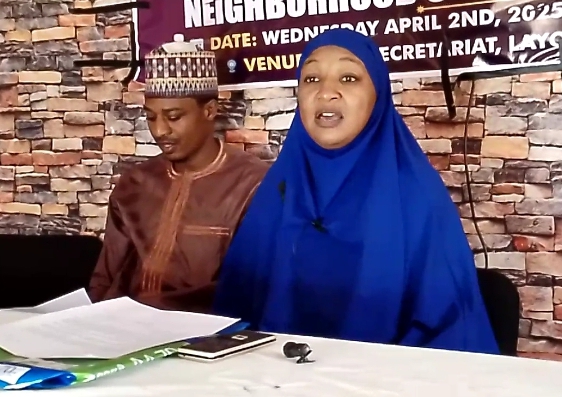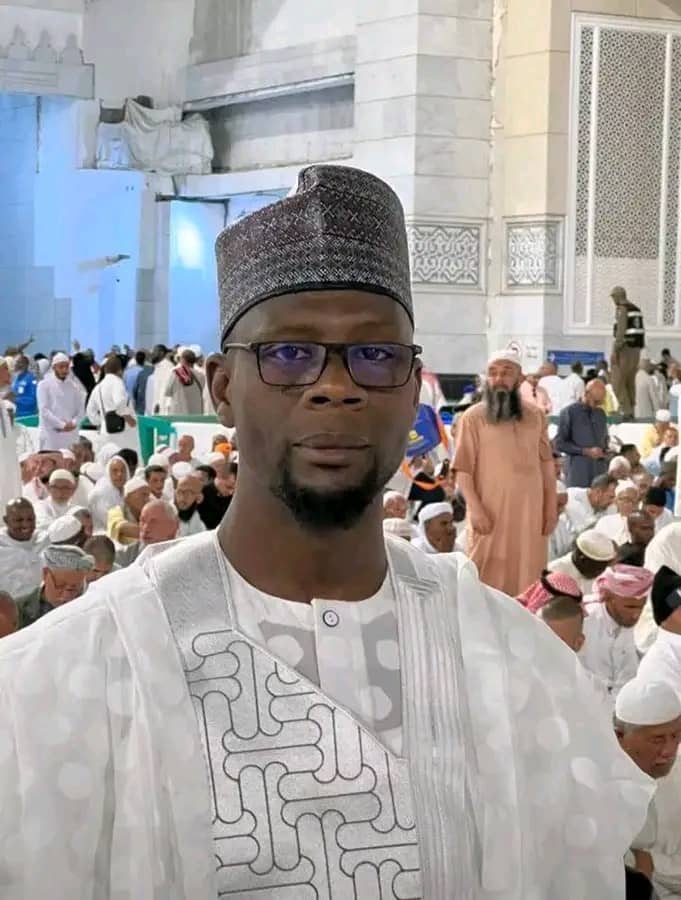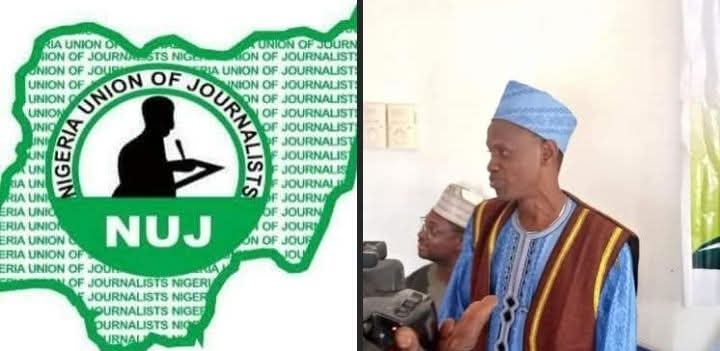In Nigeria, electricity is no longer considered a basic utility; rather, it is regarded as a rare privilege. Power grid failures were formerly considered an exceptional inconvenience, but they have since become a daily nightmare. Nigerians are now more concerned with how long the lights would be on until the next blackout.
The repercussions of these regular power outages are devastating, hurting the economy, industry, households, and even national morale.
Nigeria’s electrical grid, which was initially constructed for a much smaller population and economy, is now overburdened and unable to satisfy rising demand. Several causes contribute to frequent grid outages: the infrastructure is out of date, with equipment that is several decades old and minimal investment in modernization, rendering it prone to failure.
While the country has the capacity to generate over 13,000 MW of power, technical inefficiencies limit transmission and distribution to approximately 4,000 MW, putting a constant strain on the grid. Nigeria’s transmission infrastructure is referred to as “the weakest link” in the electricity supply network, and even minor disruptions can cause massive outages.
Maintenance is frequently neglected, with substations and transmission cables allowed to deteriorate until they break, resulting in lengthy downtimes. Vandalism exacerbates the situation, as power lines and components are frequently destroyed or stolen.
Failures in our electrical grid have far-reaching economic effects. Unreliable electricity costs the country billions of dollars annually, harming industries ranging from manufacturing to education. Businesses, particularly small and medium-sized firms (SMEs), are obliged to rely on costly gasoline or diesel generators, which raises production costs and reduces profit margin. These increased operational costs are passed on to consumers, resulting in inflation.
Similarly, unstable power is a big barrier to foreign investors, who are put off by the high costs and unpredictable nature of working in Nigeria’s power-scarce environment.
A series of proposals include conducting a full audit to identify outdated transmission equipment that needs to be replaced, overhauling maintenance, improving grid monitoring with advanced systems for real-time fault detection, private sector investment, renewable energy integration, securing gas contracts, and strengthening security measures, such as IoT devices and surveillance, to protect infrastructure from theft and vandalism.
If all of these ideas are implemented, Nigeria’s power industry might be considerably improved and grid failures reduced.
There is a growing feeling of urgency around Nigeria’s electricity problem, and the government’s recent steps indicate that change is finally on the way. However, repairing the grid will take more than simply quick fixes and interim solutions. It will require long-term investment, strategic collaborations, and political determination to see through.
The issue remains: can Nigeria’s leaders up to the challenge and provide the electricity required to propel the country forward, or will the lights continue to flicker in the dark?
To address Nigeria’s power difficulties and safeguard its economic future, urgent action is required, including investing in infrastructure modernization to update the power grid and diversifying energy sources, with a concentration on renewables.
Implementing policy and regulatory reforms to encourage private investment, expanding public understanding about energy efficiency and sustainable electricity, and improving security measures to protect power infrastructure from vandalism and theft can produce miraculous results.
Until then, the lights will continue to flicker, leaving Nigeria’s economy in the dark. The stakes have never been higher.





